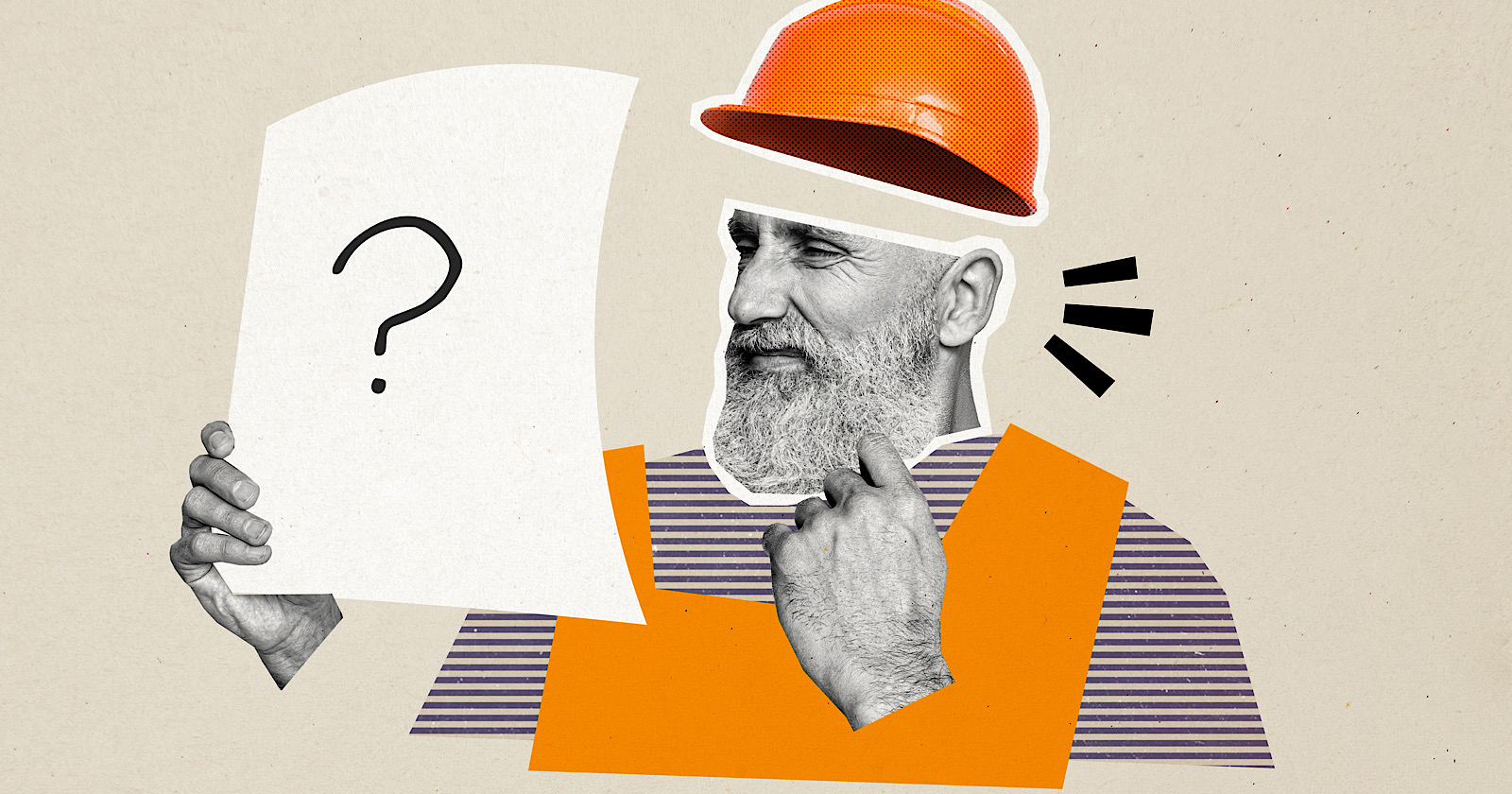This Habit May Be Just As Effective For Depression As Medication, Study Finds
In a direct comparison.


Assistant Beauty & Health Editor
Assistant Beauty & Health Editor
Hannah Frye is the Assistant Beauty Editor at mindbodygreen. She has a B.S. in journalism and a minor in women’s, gender, and queer studies from California Polytechnic State University, San Luis Obispo. Hannah has written across lifestyle sections including health, wellness, sustainability, personal development, and more.
Image by SERGEY FILIMONOV / Stocksy October 12, 2023 It’s well known that exercise is good for your mental health. Many research studies have confirmed this, yet very few directly compare movement to other methods, often using it as an add-on and not a first line of defense. However, new research directly studied how exercise (specifically running) compares to antidepressants for depression and anxiety symptoms. Here are the findings, and what they mean for those struggling.
Running and antidepressants reduce depression by 44%
A recent study published in the Journal of Affective Disorders found that running therapy and antidepressants had similar effects on mental health—about 44% of each group showed improvements in symptoms.
The 141 participants included in the study had been diagnosed with depression or anxiety before starting treatment. The group was offered the choice of running or antidepressants (SSRIs), with 45 choosing the medication and 96 opting for outdoor running two or more times each week—which they’d follow for 16 weeks.
The lack of randomization was meant to mimic a real-world scenario, researchers said. However, it is worth noting that it does mean the study may be slightly biased. Those who opted for medication may have been less likely to choose running due to depression severity and thus less likely to show improvements with either method.
The study design also shows some people have an aversion to antidepressants that mirrors what could happen in a doctor’s office—some patients want to exhaust other options first, and this study provides one research-backed option for mental health professionals to suggest.
Other recent research has shown that some people are less likely to respond positively to antidepressants due to genetic biotypes, further calling for other effective treatment options.
“Interestingly, our study did show a larger decrease in anxiety symptoms after six weeks in the antidepressant group, which suggests faster improvement on especially anxiety-related symptoms,” researchers write.
The running group also had a lower adherence rate than the antidepressant group (52% compared to 82%), suggesting that while this method may be effective, it is more difficult to stick with.
It’s worth noting, though, that the participants in the running therapy group also saw improvements in waist circumference, weight, and cardiovascular function—all of which are important markers for overall health and risk of many chronic diseases.
Is it just running, or all forms of exercise?
This study only focused on running, so it’s unclear whether or not participating in another form of aerobic exercise would yield similar results.
That being said, previous research studies have shown that yoga and general physical activity (including walking) also positively affect mental health. So we can't say that running is the only beneficial workout regimen for depression. It’s just one option.
There are a few reasons why getting the body moving may help with some depression and anxiety symptoms. It may be due to endorphin release, increased oxygen to the brain, perception changes, and more. You can read up on the relationship between exercise and mental health here.
Plus, this study specifically called for running outdoors, which may have a greater impact on those with depression, given the possibility of connecting with nature (another A+ habit for brain health).
There’s no reason to think these two remedies can only exist separately, either. Running may be a positive way to decrease antidepressant use or be used in conjunction with antidepressants for severe depression. Think of this finding as another tool in the toolbox for healthcare providers treating depression and those struggling daily.
RELATED READ: Is The Runner’s High Real? A Doctor Explains The Benefits
The takeaway
A new study found that antidepressants and running had a similar positive impact on depression when compared directly over the course of 16 weeks. What’s more, runners showed positive improvements in various physical health markers. If you’ve considered picking up running for the physical or mental perks but don’t know where to start, here’s a beginner’s guide.

 Hollif
Hollif 



























.jpg)



